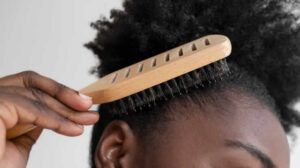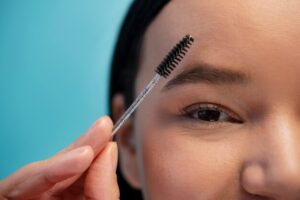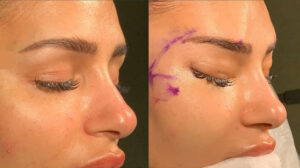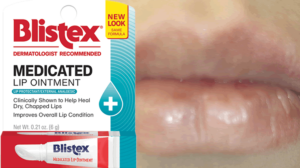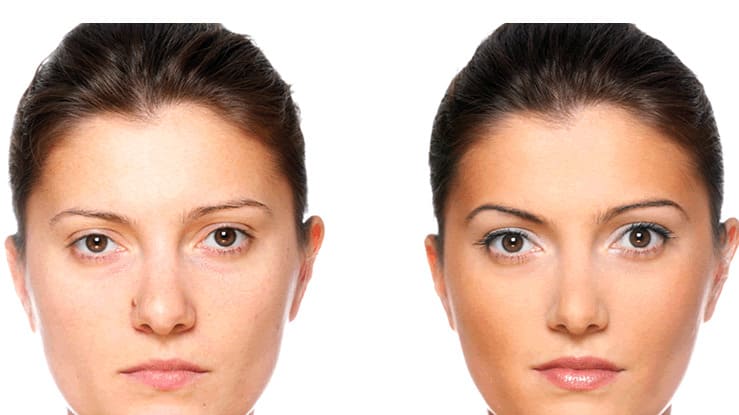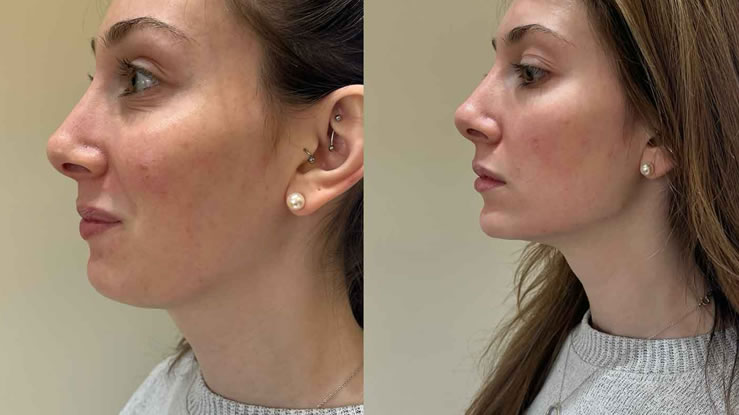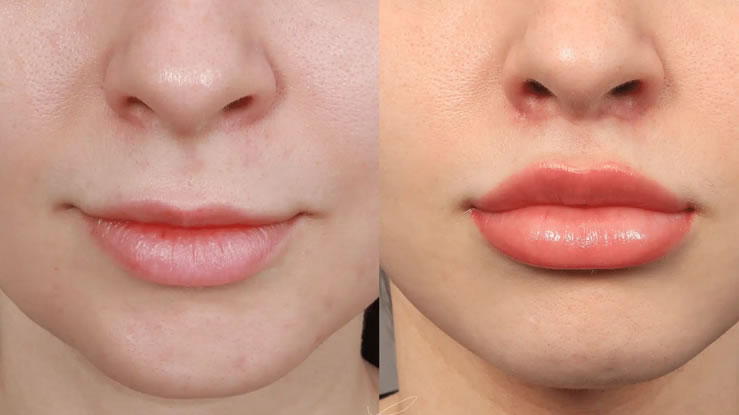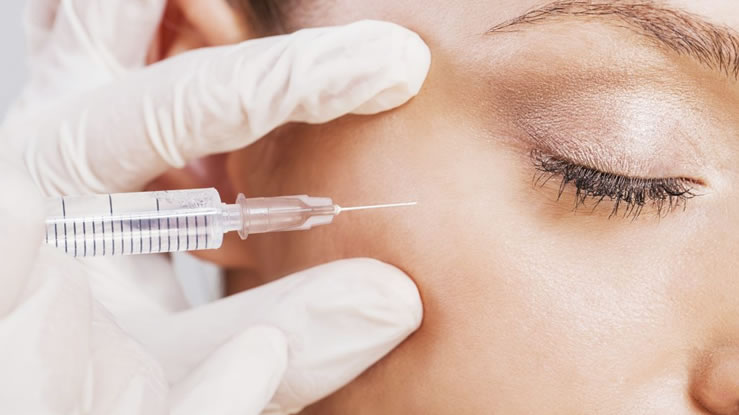Silicone sheets are medical-grade products designed to reduce the appearance of scars. They are soft, flexible sheets placed directly over the skin to hydrate scar tissue, flatten raised scars, and reduce redness or itching. Many people use them after surgery, injury, or skin trauma. Because pregnancy often involves changes in the body, some women may wonder if it is safe to use silicone sheets during this time.
Why Pregnant Women Consider Silicone Sheets
Pregnancy can increase the likelihood of developing scars and stretch marks. For example, women who undergo a cesarean section may want to reduce scarring after surgery. Others may have pre-existing scars from acne, burns, or injuries. Since silicone sheets are widely used in scar care, the question arises: are they safe for pregnant women?
Read Also>>>How long do you leave silicone scar sheets on?
How Silicone Sheets Work
Silicone sheets create a protective barrier over the skin. This barrier helps the scar retain moisture and prevents it from becoming dry or itchy. At the same time, silicone sheets slightly increase the temperature of the scar tissue, which improves collagen balance and encourages smoother healing. Over time, this process reduces the thickness, color, and hardness of the scar.
Are Silicone Sheets Safe During Pregnancy?
In general, silicone sheets are considered safe to use while pregnant. They work on the surface of the skin and are not absorbed into the bloodstream. Unlike some scar creams that may contain active ingredients, silicone sheets are non-invasive and free from medications.
Still, every pregnancy is different, and safety depends on factors such as:
-
Skin sensitivity, which can increase during pregnancy
-
The type of scar being treated (fresh surgical scars, older scars, or stretch marks)
-
Doctor’s advice after procedures like a cesarean section
For most women, silicone sheets pose no known risks when used properly.
Doctor Recommendations
Most dermatologists and obstetricians allow the use of silicone sheets during pregnancy. They emphasize that silicone sheets are a topical, external method of scar management. Since they do not release chemicals into the body, they are often considered safe. Doctors may still recommend waiting until a surgical wound (such as a C-section incision) has healed before applying the sheets.
When to Avoid Silicone Sheets During Pregnancy
Although generally safe, some situations require caution. You should avoid or stop using silicone sheets if:
-
You have open wounds that are not fully healed
-
You experience severe itching, rashes, or allergic reactions
-
Your doctor has advised against it due to medical reasons
-
You are applying them over broken or infected skin
In rare cases, some women may experience skin irritation due to increased sensitivity during pregnancy.
Benefits of Using Silicone Sheets While Pregnant
Pregnant women who use silicone sheets may notice several advantages:
-
Softer and flatter scars after surgery or injury
-
Less redness and discoloration over time
-
Reduced itching and discomfort
-
More confidence in their skin appearance
This can be particularly helpful for women healing from C-section scars, as these can sometimes remain raised or discolored without treatment.
Silicone Sheets and Stretch Marks
It is important to note that silicone sheets are designed for scars, not stretch marks. Stretch marks are a type of skin tear caused by rapid stretching of the skin, while scars result from direct injury or surgery. While silicone sheets may provide some moisture and comfort on stretch marks, they are not proven to significantly reduce their appearance. Pregnant women may prefer creams and oils formulated specifically for stretch marks instead.
How to Use Silicone Sheets Safely During Pregnancy
To ensure safe and effective results, follow these steps:
-
Wait until the wound is fully healed and stitches are removed before applying silicone sheets.
-
Clean the scar area with mild soap and water before use.
-
Cut the silicone sheet to fit the size of the scar.
-
Apply the sheet directly over the scar and wear it for the recommended time, usually 12–24 hours per day.
-
Wash and reuse the sheet as directed, usually for up to two weeks before replacing.
-
Continue use for several months to see noticeable improvement.
Possible Side Effects
Side effects are rare but may include:
-
Mild redness or irritation
-
Sweating under the sheet due to long wear
-
Allergic reaction to silicone (very uncommon)
If irritation persists, stop use and consult a doctor.
Comparing Silicone Sheets to Other Scar Treatments During Pregnancy
Pregnant women are often advised to avoid treatments that involve chemicals, retinoids, or steroid creams because these can affect the baby. Silicone sheets stand out as a safe, drug-free option. Laser therapy and chemical peels, for example, are usually postponed until after pregnancy. For this reason, silicone sheets are often the first recommendation for scar care during pregnancy.
Expert Opinions
Medical experts generally support silicone sheets as a safe, non-invasive option for scar care during pregnancy. Obstetricians and dermatologists often recommend them after C-sections, as they can help improve scar healing without the risks associated with chemical products.
Patient Experiences
Many women who used silicone sheets during pregnancy report positive outcomes. Common feedback includes reduced scar thickness and improved scar texture. Some women also feel that their scars became less noticeable in color and smoother to the touch. These personal experiences support the idea that silicone sheets can be both safe and effective.
Where to Buy Silicone Sheets
Pregnant women can buy silicone sheets at:
-
Local pharmacies and drugstores
-
Online platforms like Amazon and Walmart
-
Medical supply stores
-
Official brand websites such as ScarAway or Cica-Care
It is best to buy from trusted sources to ensure the sheets are medical-grade and safe.
How Long to Use Silicone Sheets During Pregnancy
Scar healing takes time, and silicone sheets often need consistent use for 2–6 months to show results. For C-section scars, some women continue using them for up to a year. Doctors may recommend long-term use to maintain the scar’s improved appearance.
Key Safety Tips for Pregnant Women
-
Always consult your doctor before starting scar treatment
-
Use only on healed skin, not fresh wounds
-
Watch for signs of irritation and stop use if necessary
-
Choose medical-grade silicone sheets over cosmetic versions
-
Follow instructions carefully for best results
Silicone sheets are considered safe for use during pregnancy and are often recommended by doctors, especially for women healing from C-section scars. They work externally, are free from harmful chemicals, and provide a gentle way to improve the appearance of scars. While they may not be effective for stretch marks, they remain one of the safest scar treatments for expectant mothers.
Pregnant women should still consult with their healthcare provider before use, particularly if they have sensitive skin or medical conditions. With proper guidance, silicone sheets can be a helpful tool for scar care during pregnancy.






